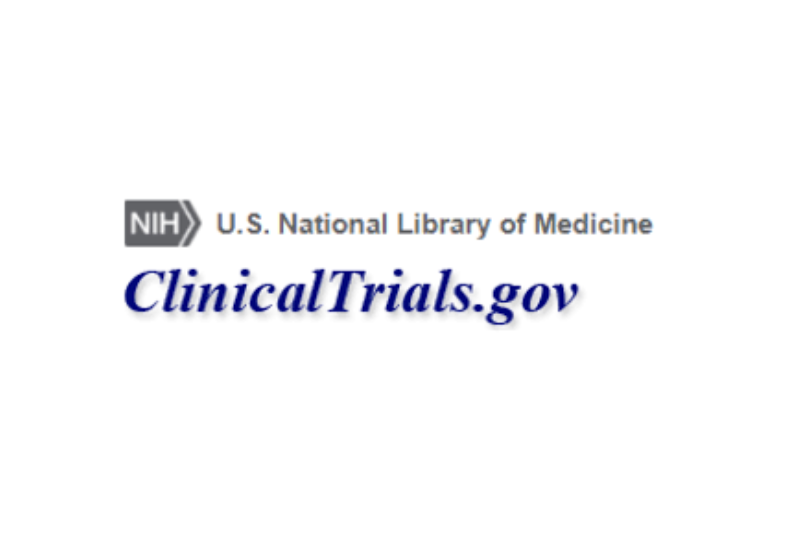In an age of information, where knowledge is easily accessible at our fingertips, ClinicalTrials.gov stands out as a crucial resource for anyone interested in the world of medical research and healthcare. This comprehensive database offers a wealth of information on clinical trials, their status, and their outcomes. In this blog, we will explore what ClinicalTrials.gov is and how it serves as an invaluable tool for patients, researchers, and healthcare professionals.
Introduction to ClinicalTrials.gov
ClinicalTrials.gov is a user-friendly, web-based database that provides the public with easy access to information on clinical trials. These trials are research studies involving human participants, aiming to evaluate the safety and efficacy of new medical treatments, procedures, or interventions. Managed by the National Library of Medicine (NLM) at the National Institutes of Health (NIH), ClinicalTrials.gov serves several vital purposes:
1. Transparency and Accessibility:
- ClinicalTrials.gov is an essential resource for researchers to register their trials. It ensures transparency by making trial information accessible to the public, promoting accountability in research.
2. Information for Patients:
- Patients, caregivers, and families can search the database to find clinical trials that may be relevant to their medical conditions. This helps patients explore potential treatment options.
3. Data for Researchers:
- Researchers can use ClinicalTrials.gov to stay updated on similar studies, find collaborators, and avoid duplicating efforts in the scientific community.
4. Guidance for Healthcare Professionals:
- Healthcare providers can use the information from ClinicalTrials.gov to stay informed about the latest developments in medical research and help their patients make informed decisions.
Using ClinicalTrials.gov
1. Searching for Trials:
- Users can search for clinical trials by medical condition, treatment, location, or specific keywords. The search results provide detailed information about each trial.
2. Trial Details:
- Each clinical trial entry includes information on the purpose, study design, eligibility criteria, locations, contact information, and more.
3. Results and Publications:
- ClinicalTrials.gov also records trial results, including both positive and negative outcomes. This information is crucial for the scientific community and can influence future research directions.
4. Educational Resources:
- The website offers educational materials about clinical trials, empowering users to better understand the process and potential benefits of participating in trials.
Conclusion
ClinicalTrials.gov plays a pivotal role in bridging the gap between medical research and the public. It serves as a bridge of knowledge, enabling patients to explore treatment options, researchers to collaborate and avoid redundancy, and healthcare professionals to stay updated with the latest advancements. In a world where medical research is constantly evolving, this database empowers individuals with the knowledge they need to make informed decisions about their health and the future of medical science.





